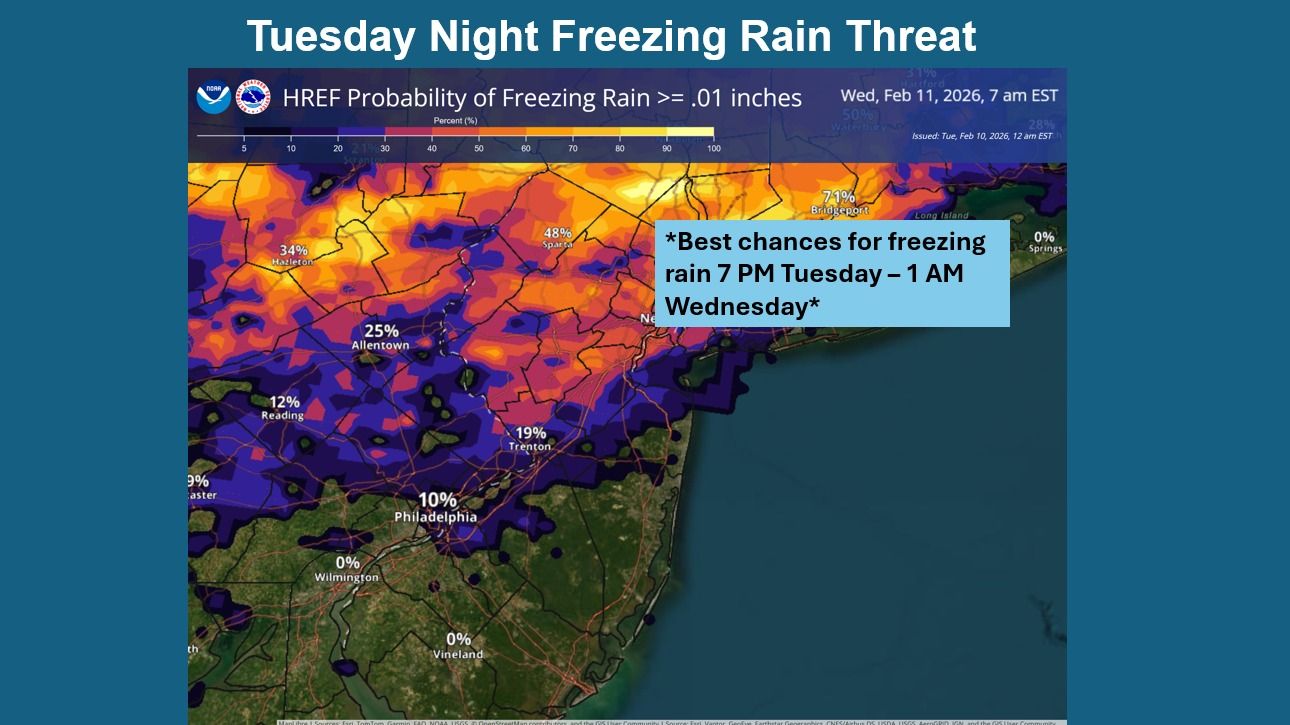UPDATE: New research from the Sylvester Cancer Center has revealed alarming connections between living near Superfund sites and aggressive forms of breast cancer, including the notoriously difficult triple-negative subtype. This critical study, conducted as part of ongoing investigations into environmental health risks, underscores the urgent need for communities near hazardous waste sites to be informed and vigilant about their cancer risks.
According to findings released earlier today, women residing near these federally designated sites are significantly more likely to develop aggressive breast cancer. Superfund sites are locations identified by the Environmental Protection Agency (EPA) as contaminated and in need of cleanup to minimize health risks.
In a related development, the Sylvester Cancer Center will co-lead a groundbreaking $16 million national study known as the PRISM Trial. This trial aims to evaluate the efficacy of artificial intelligence in enhancing mammogram interpretations. With participation from academic medical centers and breast imaging facilities across California, Florida, Massachusetts, Washington, and Wisconsin, this study could revolutionize breast cancer screening practices, potentially saving countless lives.
Furthermore, a separate study indicates that glioblastoma cells become more deadly when they disperse from clusters. Dr. Anna Lasorella, co-director of the Sylvester Brain Tumor Institute, stated, “This gives us a much better grasp of the biology of glioblastoma, a tumor type where a lot still remains to be discovered.”
In other developments, researchers at Sylvester have charted the timeline of DNA damage leading to multiple myeloma, the second most common blood cancer. This crucial research, published in Nature Genetics, aims to refine patient groupings based on their DNA profiles, which could significantly enhance treatment strategies.
Moreover, a recent study analyzed the effectiveness of ChatGPT in providing medical information related to blood cancer. The findings revealed that while ChatGPT performed well on general queries, it struggled with specifics about newer therapies. “I would warn patients to have some skepticism, especially about answers dealing with specific types of cancer and treatments, and check with their doctor,” advised Dr. Justin Taylor, senior author of the study published in Future Science OA.
Additionally, Sylvester researchers have received a $2.4 million grant from the National Cancer Institute to further investigate the role of the protein GAK in diffuse large B-cell lymphoma (DLBCL), the most common blood cancer. This research could pave the way for innovative treatment options targeting this protein.
Patients recovering from cancer surgery have shown improved outcomes with remote perioperative monitoring (RPM), according to a Sylvester-led trial. The study, involving nearly 300 patients, found that RPM significantly reduced complications and accelerated recovery.
In leadership news, Dr. Mikkael Sekeres, chief of the Division of Hematology at Sylvester, has been elected to the executive committee of the American Society of Hematology (ASH). He will begin his four-year term following the 2025 ASH Annual Meeting, set for December 6-9 in Orlando, Florida.
These urgent findings highlight the pressing need for further research and public awareness regarding cancer risks associated with environmental factors and the emerging role of technology in cancer care. Stay tuned for more updates as these studies progress and findings are shared.







